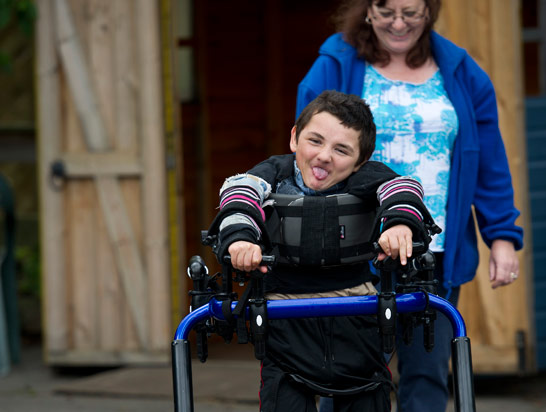relationship

Parents often think that professionals do not understand what it is like to look after a child with complex needs. Parents
can also find it difficult when professionals are unwilling to acknowledge parents as experts in their own child's care.
Parents tend to have far broader expertise in their own children than the professionals that they see. This is not to deny
the expertise of the professionals. Their skills tend to lie in the generality of an issue, such as the theory and practice
of feeding. In contrast, the parent is
the expert on the minutiae of their child's actual feeding – such as feeding patterns, what they like and/or dislike,
etc.
This relationship works best when parents and professionals are brought together to help nurture and develop the child's Quality
of Life.
social context

Another issue is that professionals sometimes treat the individual but not the social model of disability. This means that the focus of the professional's approach may be more about:
- How the child can be changed.
Whereas it is also vital to consider:
- Who else can be changed.
- Which services support the child.
- How they can be improved.

Select a family with a child with complex disabilities that you teach. Focus on how the services could be improved to affect
the Quality of Life for this family.
What could you do to support such improvements?